When will the clocks strike midnight around the world?published at 09:28 GMT
We’ve just started our live coverage from the London newsroom, and 2026 still feels a little way off for us.
But in some parts of the world, celebrations…
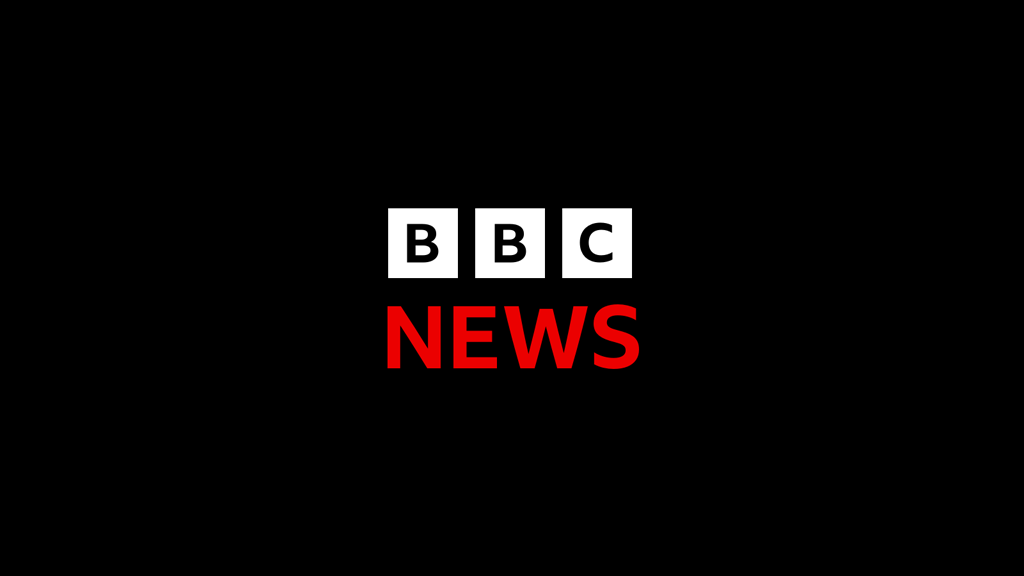
We’ve just started our live coverage from the London newsroom, and 2026 still feels a little way off for us.
But in some parts of the world, celebrations…
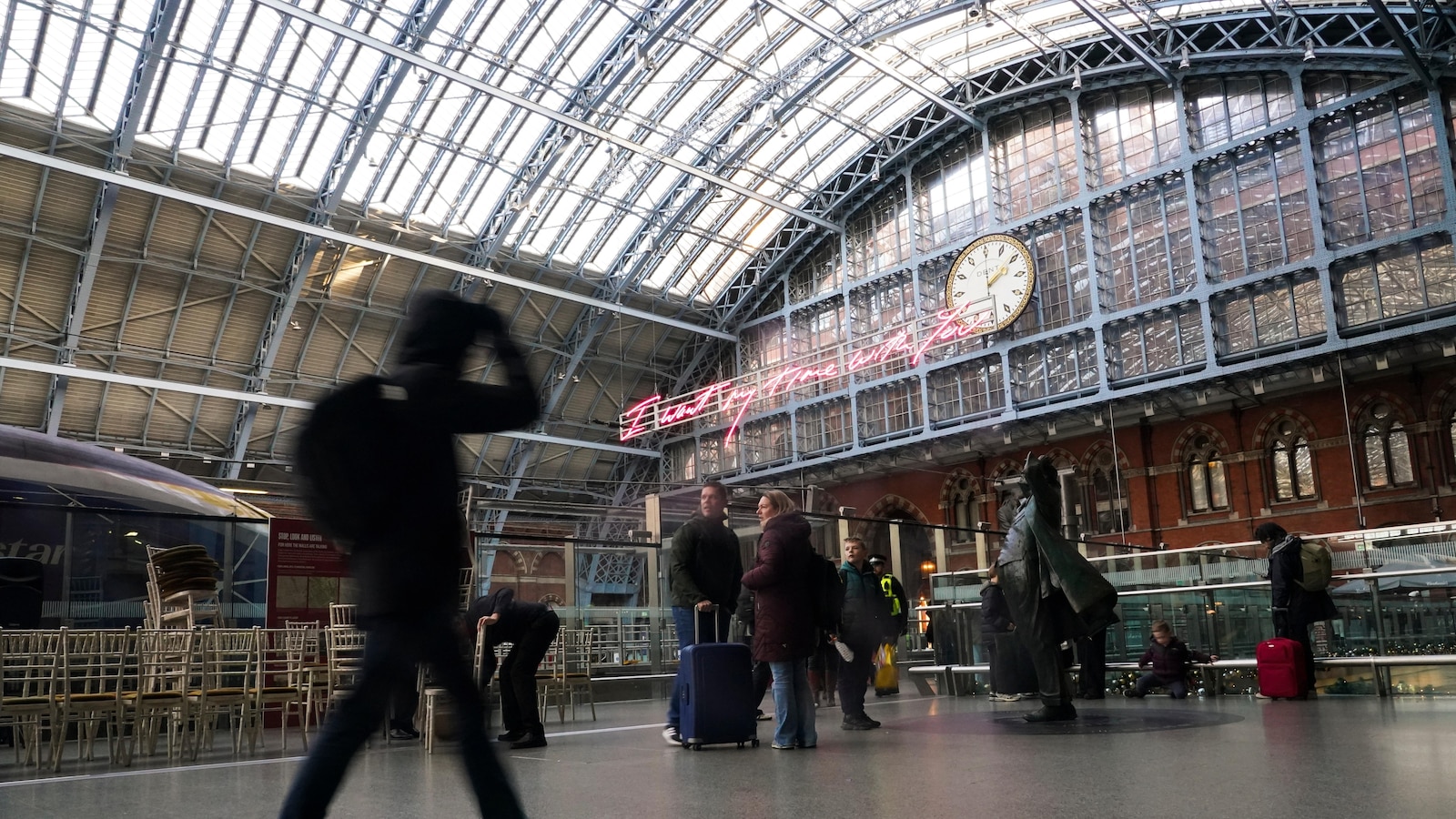
PARIS — The Channel Tunnel’s operator said trains through the undersea link between continental Europe and the United Kingdom were running again Wednesday in both directions after a day of travel chaos caused by a power malfunction.
Eurostar,…

TEHRAN, Iran — Iran on Wednesday appointed a new governor to the central bank after the former one resigned following a record currency fall against the U.S. dollar that sparked large protests.
The plummeting of the rial, Iran’s currency, sparked…

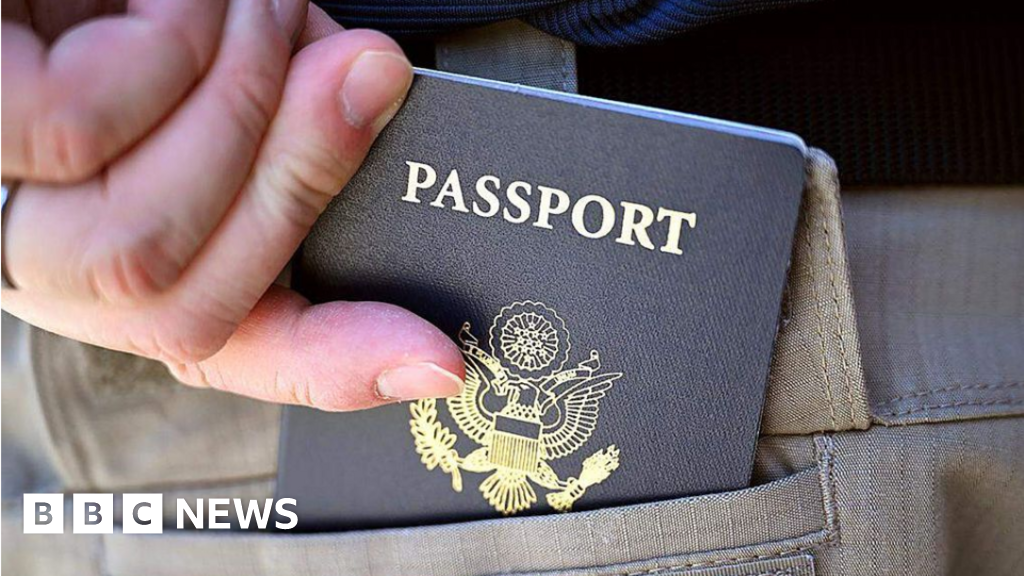
Mali and Burkina Faso say they will bar US citizens from entering their countries in response to a similar move by the Trump administration.
The two West African states were recently placed under full entry restrictions under US President Donald…
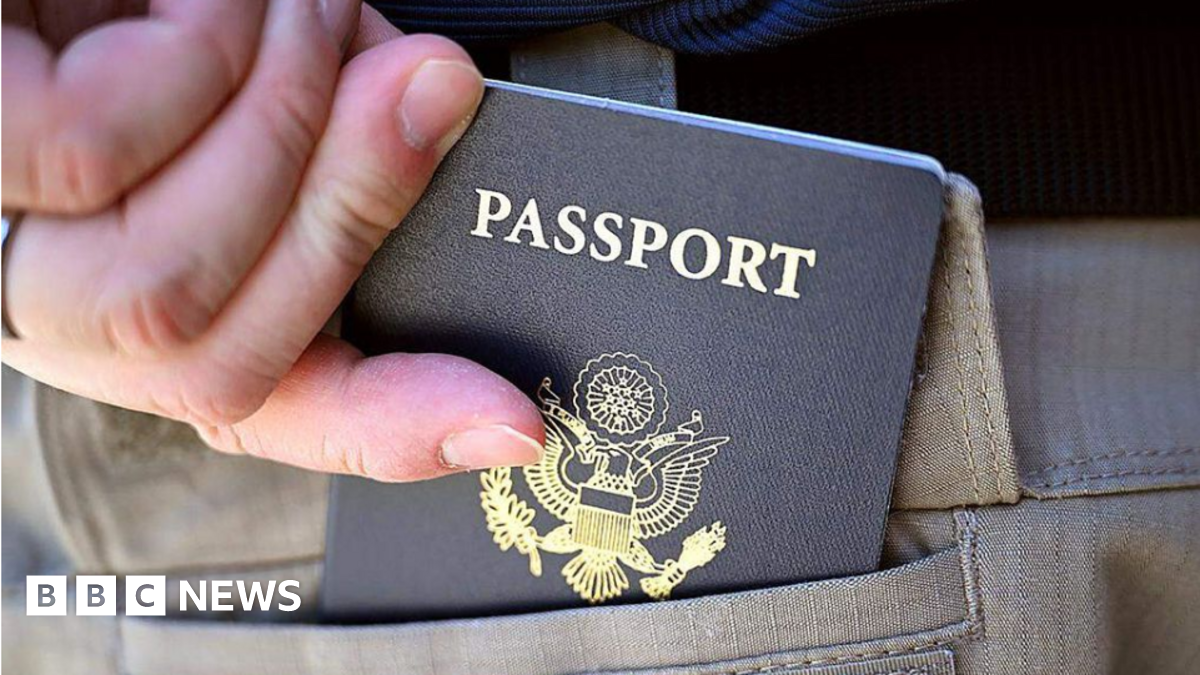
Mali and Burkina Faso’s decision comes days after Niger’s state news agency reported that Niger had imposed a similar travel ban on US citizens, though no official statement has been issued by its foreign ministry to confirm this.
The three…

I am writing today’s blog from London. Using UK time, here is a quick rundown of when (some very select) countries will ring in the new year:
Kiribati -10:00 GMT
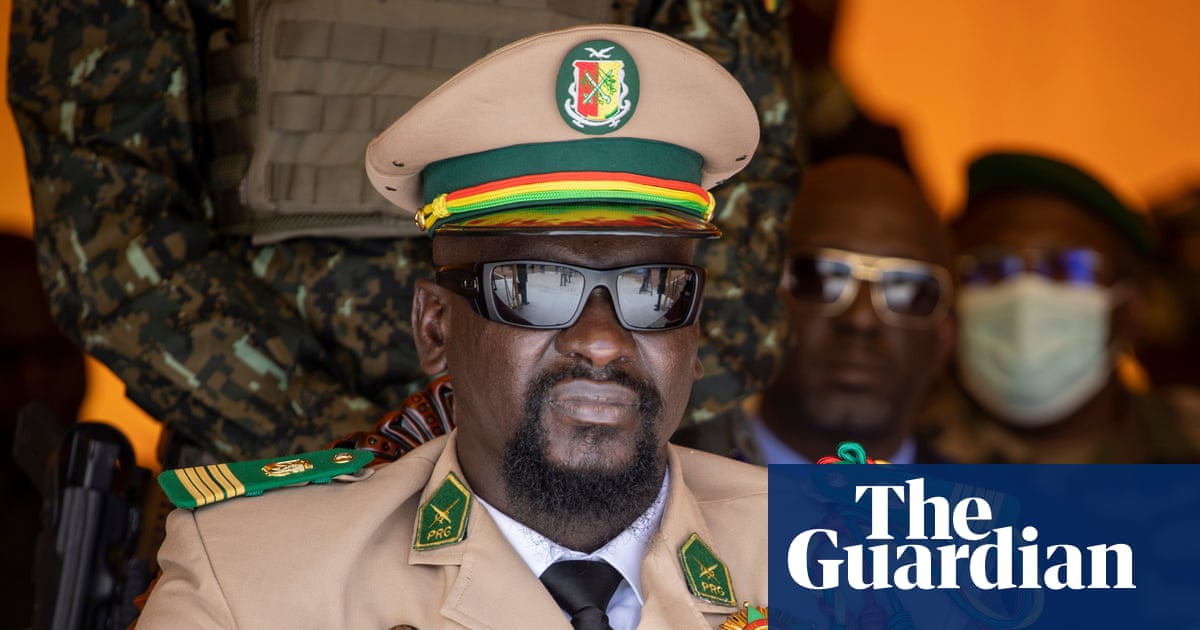
The head of Guinea’s junta, Mamady Doumbouya, who had pledged not to run for office after seizing power four years ago, has been elected president after the country’s electoral commission said he had secured a sweeping majority of the vote.
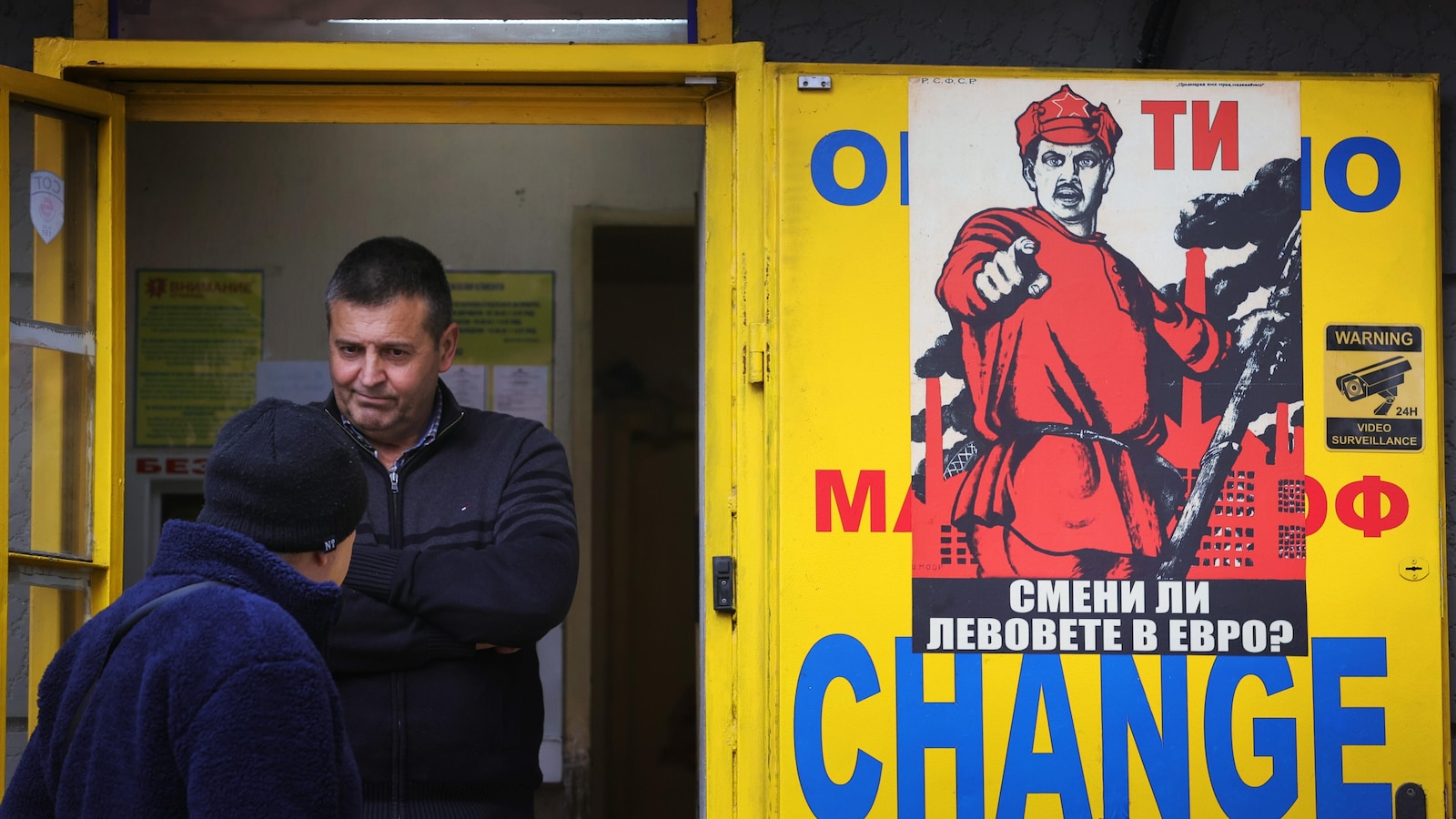
SOFIA, Bulgaria — On New Year’s Day, Bulgaria becomes the 21st country to join the euro currency union, furthering its integration into the European Union. But the historic milestone arrives amid political instability and skepticism among…
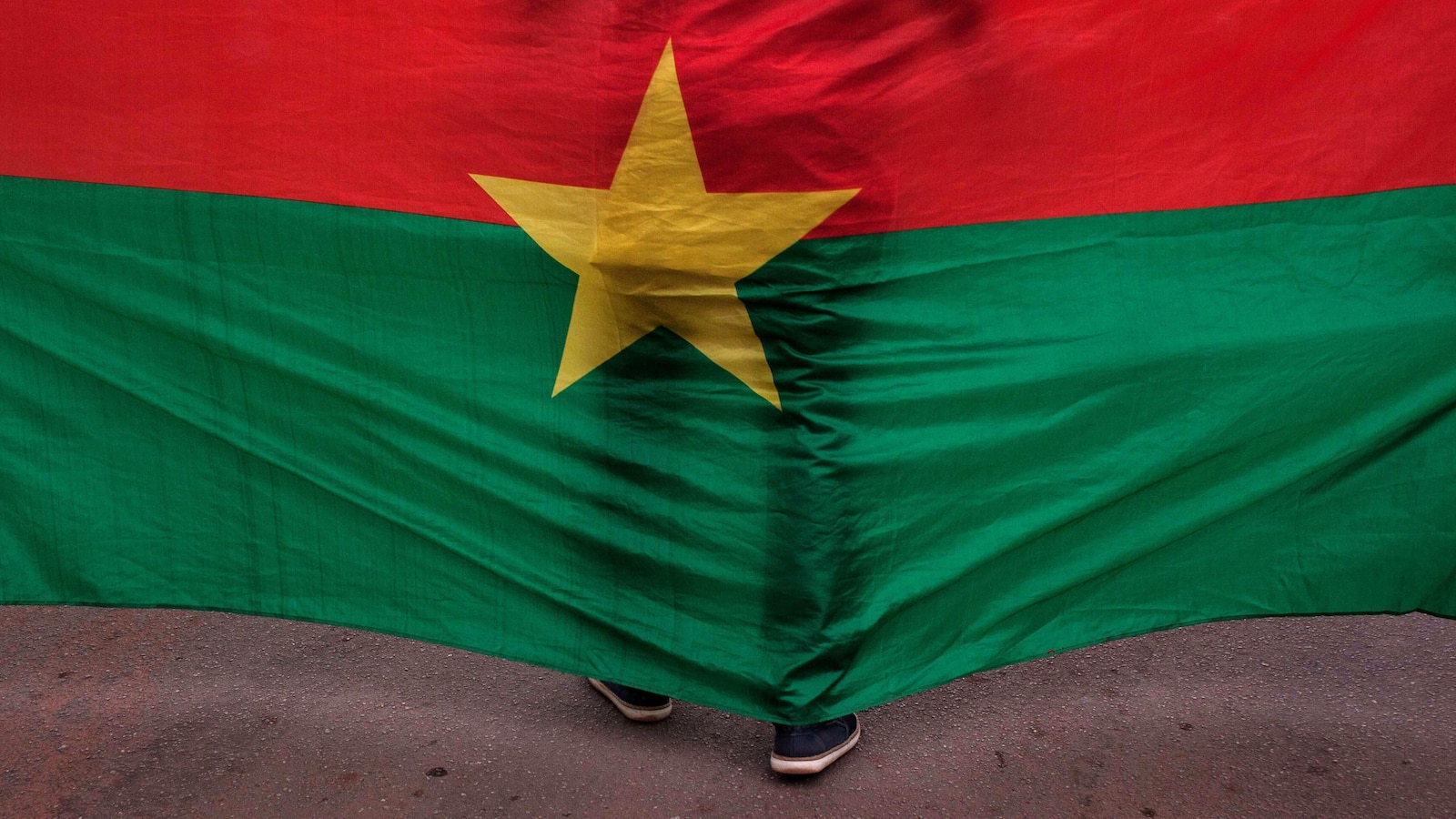
BAMAKO, Mali — Mali and Burkina Faso said late Tuesday they would ban U.S. citizens from entering their countries in retaliation for U.S. President Donald Trump’s decision to ban Malian and Burkinabe citizens from entering the United States.
Continue Reading